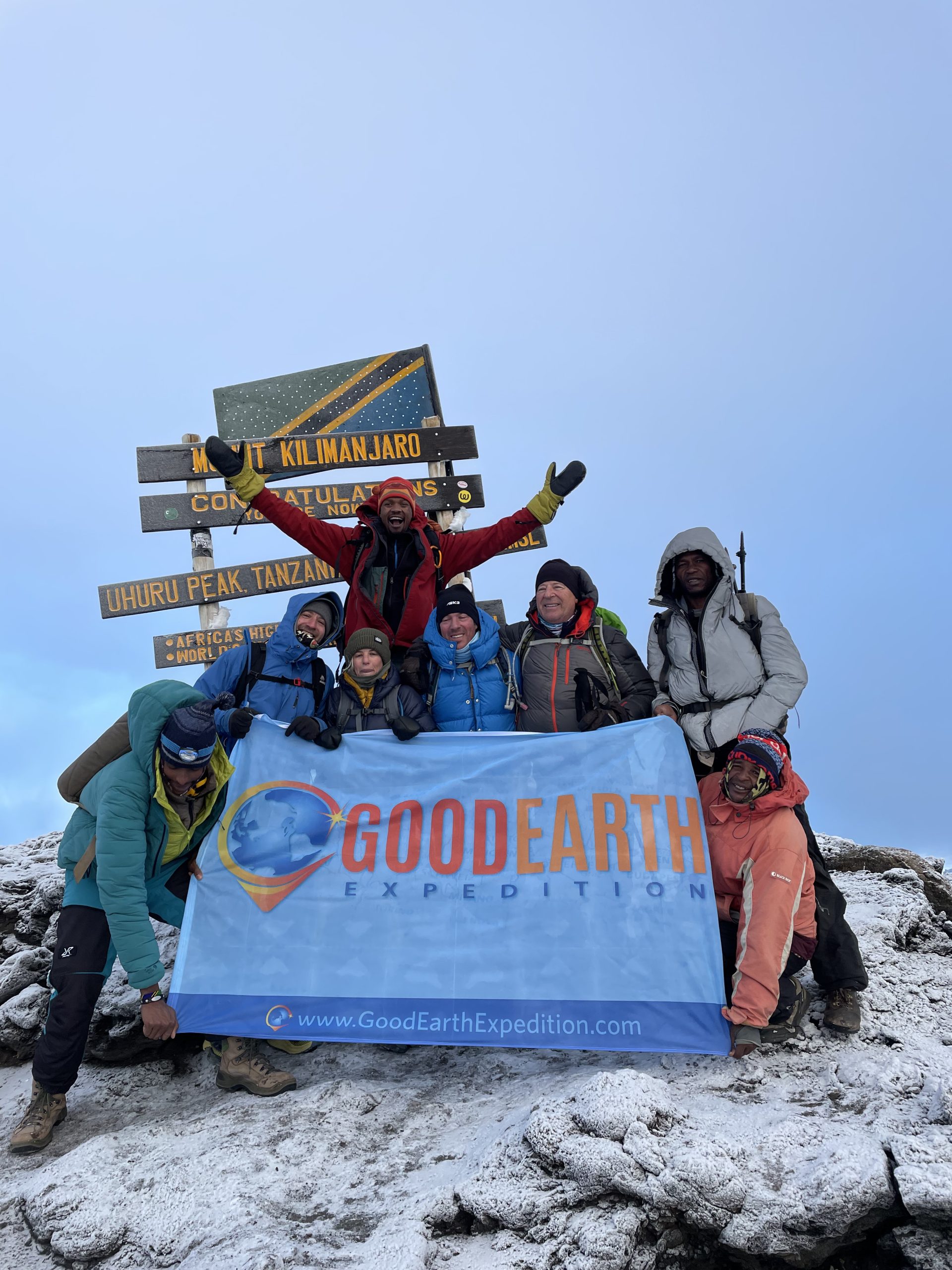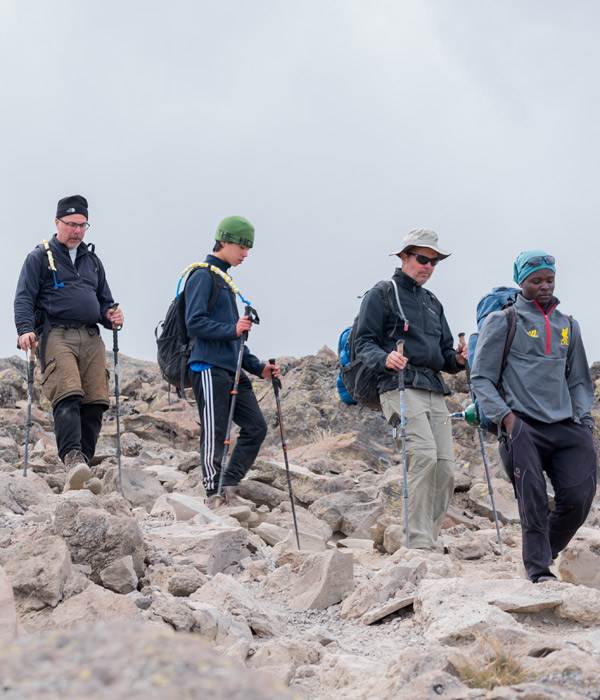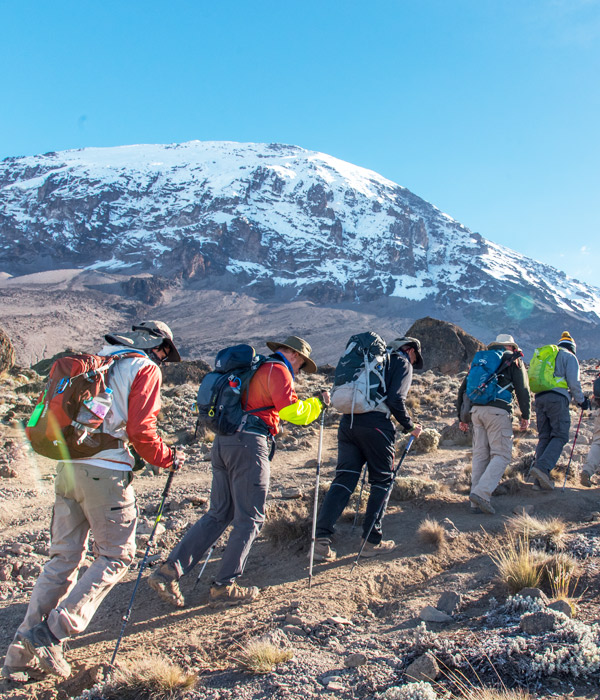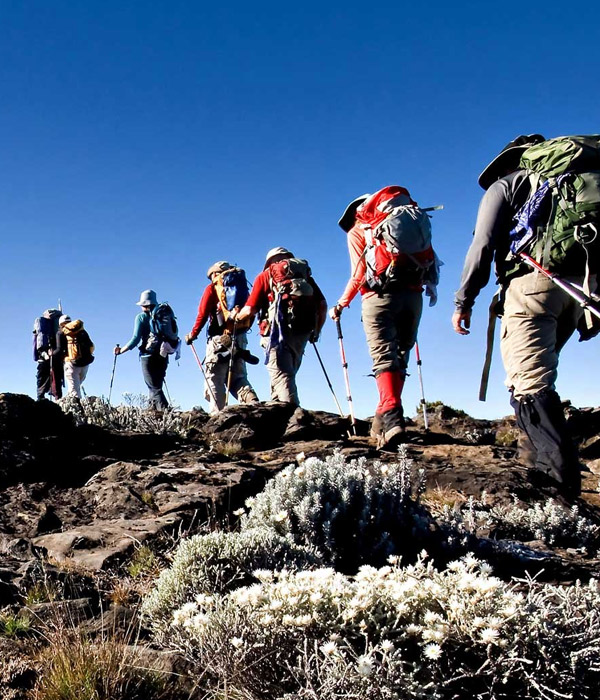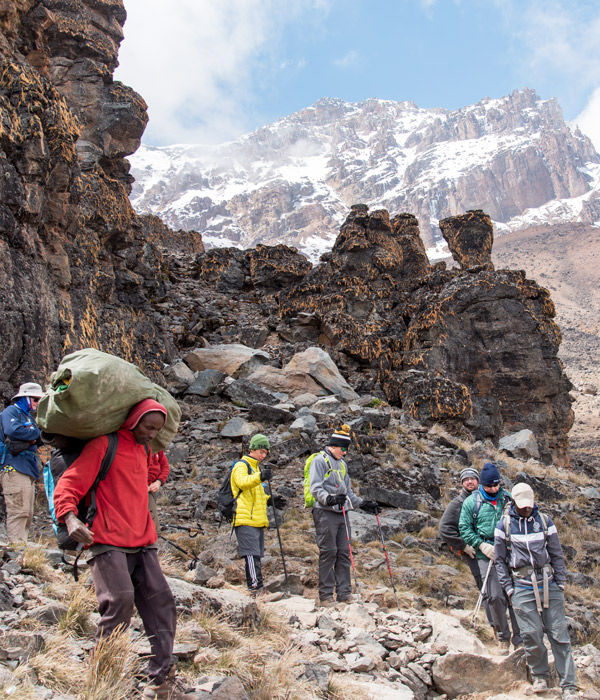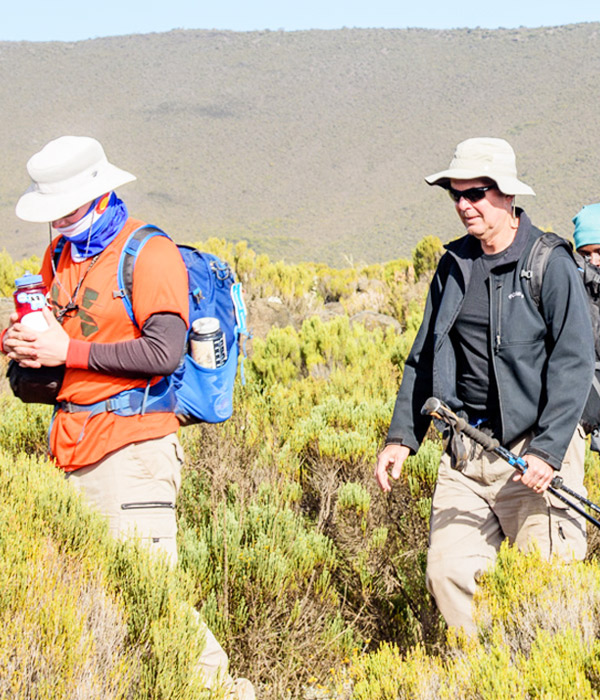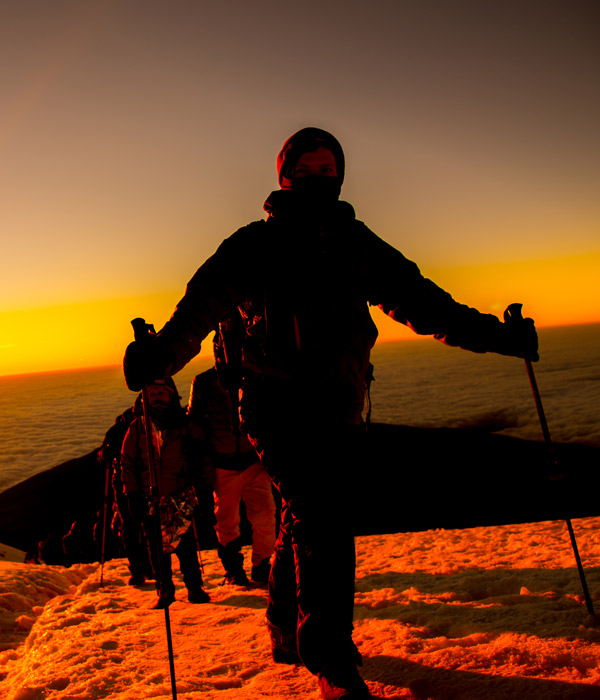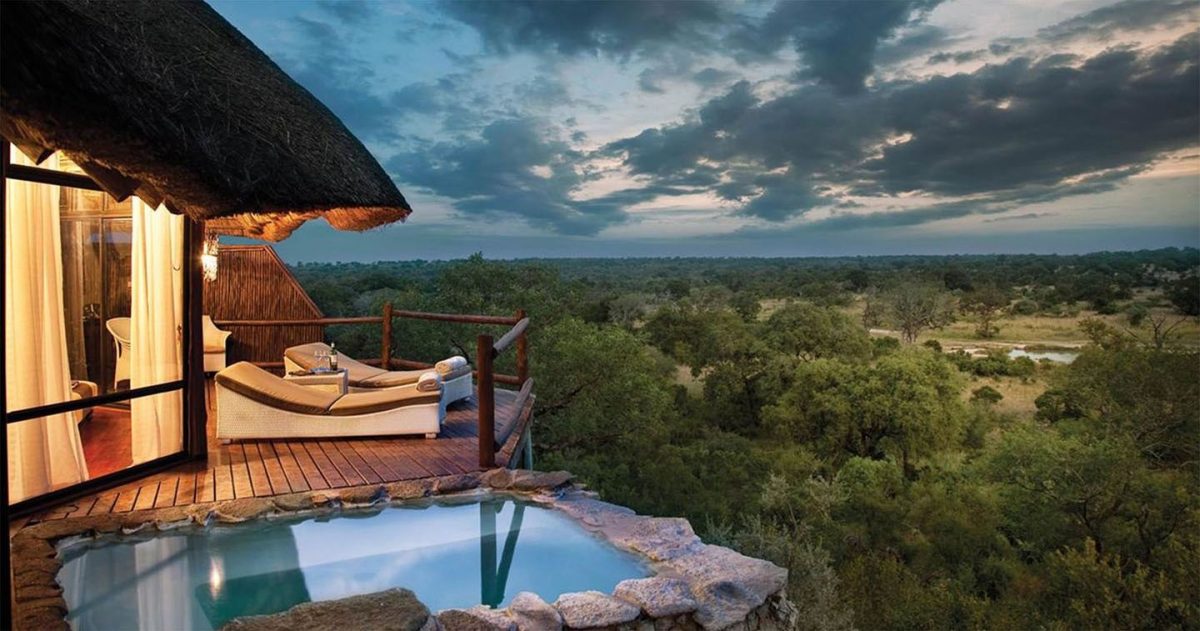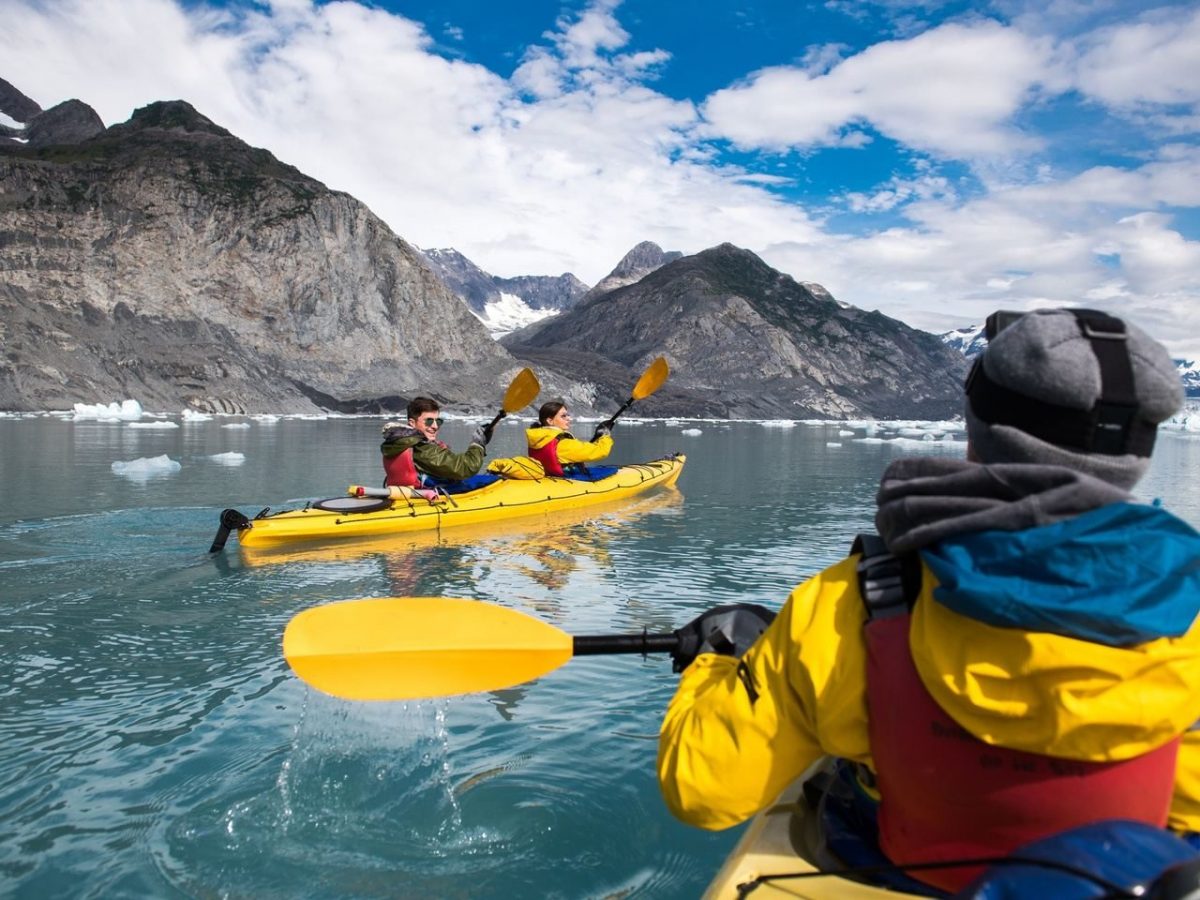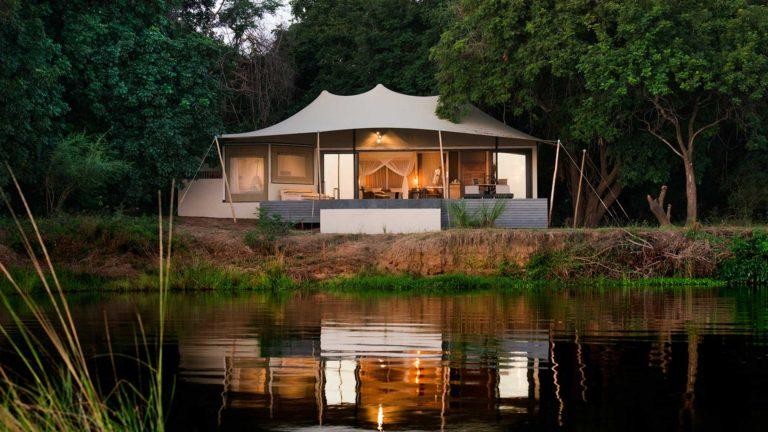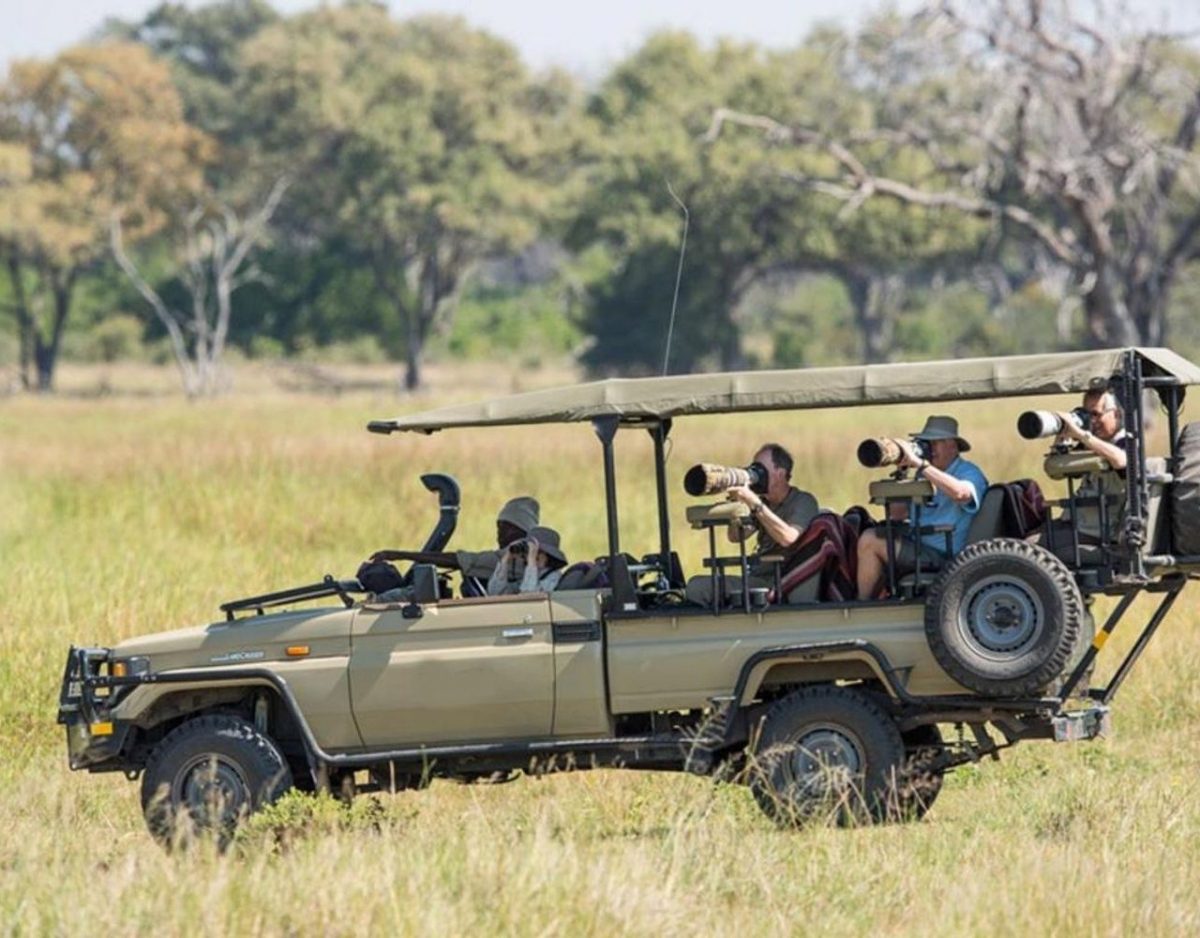What Vaccinations Do I Need to Climb Kilimanjaro?
You must make an appointment at any local travel clinic or with your GP to discuss vaccinations a month or two before you travel to Kilimanjaro. It’s a good idea to do this early so that any side affects you might suffer are finished before you travel.
By the way, vaccinations are not mandatory for climbing Kilimanjaro but necessary for Yellow Fever. Any traveller entering Kilimanjaro from any country needs mandatory vaccination as it is considered a risk zone for yellow fever. You must first consider what areas you will travel to before and what areas you will travel to after your climb.
Essential Details Regarding Yellow Fever
When you arrive from a flight departing in a Yellow Fever zone, you may be asked for your Yellow Fever vaccination certificate upon entry to Kilimanjaro.
Here Is the List of These Countries
Angola, Benin, Burkina Faso, Burundi, Democratic Republic of the Congo, Cameroon, Central African Republic, Chad, Republic of the Congo, Côte d’Ivoire, Equatorial Guinea, Ethiopia, Gabon, Gambia, Ghana, Guinea, Guinea-Bissau, Kenya, Liberia, Mali, Mauritania, Niger, Nigeria, Rwanda, Senegal, Sierra Leone, South Sudan, Sudan, Togo, Uganda.
If you are transiting through one of these countries and want to stay in the airport, there is a rule for this. According to the rule, you will have to give proof of vaccination if you have been there for more than 12 hours. It can also be a problem in case of flight delays.
You need to be vaccinated ten days before your scheduled travel date, and some travellers report side effects from the vaccine, so we recommend doing this as early as possible. Travellers flying into Kilimanjaro direct from Europe or the US do not need a certificate.
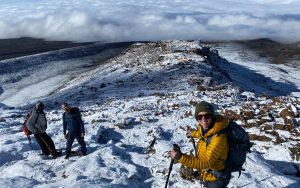
What Vaccinations Do I Need For Kilimanjaro? Recommended Vaccinations
The Center for Disease Control recommends the following immunizations for travellers to Kilimanjaro. It is up to you and your healthcare professional to decide which, if any, are suitable for you:
Your Routine Vaccinations
It would be best if you were up to date with all your routine vaccinations, such as MMR (measles, mumps and rubella), chickenpox, Diphtheria, tetanus, polio, and your yearly flu shot.
1. Hepatitis A & B
We suggest you talk to your doctor about your hepatitis vaccinations. Hepatitis A is commonly transmitted through contaminated food and water (such as salads, fruits that you don’t peel and shellfish) and ice in your drinks. You can be revealed to Hepatitis A even if you are not travelling to remote areas.
Hepatitis B is mainly transmitted through bodily fluids and needles. If you need medical treatment in a remote area, work in healthcare, you’ll want to consider it.
2. Typhoid
It’s not uncommon to be exposed to typhoid in Africa as it’s transmitted through contaminated food and water. Like ice in your drinks, eating at street-food markets, poor hygiene, eating raw food or travelling to rural areas.
3. Tetanus
It’s easy to forget our 10-yearly tetanus shot. You’re most at risk of tetanus if you cut yourself; it’s found in the soil and animal feces. If you’re travelling, it’s worth keeping this insulation up to date.
4. Rabies
Your chance of exposure to rabies is reasonably low, particularly if you aren’t planning to travel to Kilimanjaro before or after your climb. A bite transmits these from an infected animal (often dogs); depending on plans, you and your doctor will decide if you need it.
5. Cholera
Nasty waterborne diseases mainly spread through poor hygiene. The CDC recommends the vaccination if you travel to an area of active cholera transmission. You must speak to your doctor.
6. Malaria
Malaria is always a concern when travelling through Kilimanjaro in Africa. You are safe whilst on the mountain because the mosquitos are commonly not found above 6000ft.
However, when you are most at risk, you must consider that you’ll be Moshi or Arusha before and after your climb.
Malaria is a parasite transferred through the bite of the female anopheles mosquito. It only takes one bite to be infected, and the illness is severe, sometimes fatal.
Talk to your doctor about anti-malarial prophylaxis, which is the most suitable for you, and where you travel. Malarone is a famous but expensive brand with the fewest reported side effects.
See the Hospital for Tropical Diseases to Learn More
A note about Larium: this particular antimalarial has been reported to have side effects that mimic the symptoms of altitude sickness.
Taking prophylaxis (antimalarial) does not guarantee you won’t contract malaria. The only foolproof way to prevent it is to avoid getting bitten by taking precautions:
- You must stay indoors between dusk and dawn.
- You must wear a strong mosquito repellent, preferably with DEET
- While sleeping, you must use a mosquito net over your bed.
- You must spray your room with insect repellent and treat clothes and bedding.
- You must wear long sleeves, trousers, and socks in the evenings.
- You must avoid densely populated areas, especially at night.
Intestinal Trouble &Travelers’ Diarrhea
The most common problem affecting travelers in remote parts of Africa is – Tummy Upset. Diarrhea can also be caused by bacteria, viruses, and parasites which can be hard to treat.
By being careful about your food, water and hygiene, you can avoid the following:
- Bacteria (E.coli, Salmonella)
- Parasites (Giardia, Cryptosporidia)
- You must never drink untreated water from rivers, taps, or wells. You must not use ice until you are sure it’s made with purified water.
- You must boil, filter and purify all water before drinking.
- You must avoid eating fruit that you can’t peel.
- You must be very careful with uncooked vegetables and salads, be sure they are washed in purified water.
- You must make sure any meat you eat is well-cooked and avoid rare meat.
- You must clean your hands with anti-bacterial gel before eating.
We will provide clean, purified drinking water on your climb. Also, we will provide food sourced, stored and prepared carefully to avoid contamination.
Medications to Bring With You
Your doctor will recommend the best medications for you to carry, but we will suggest, in addition to any prescription medication you need:
- Anti-malarials
- Ciproflaxin or a similar antibiotic to treat bacterial diarrhea
- Diamox if you are taking it – read our guide to Diamox
- Ibuprofen
You will have to fill out a medical questionnaire form and complete a medical check-up from your doctor before your climb.

Best Route To Climb Kilimanjaro
Kilimanjaro is a challenging mountain with many different routes to choose from. But, with Good Earth
Expedition, your difficult route can be easy and enjoyable!
Best Place Destinations
We provide some very affordable prices compared to others.

